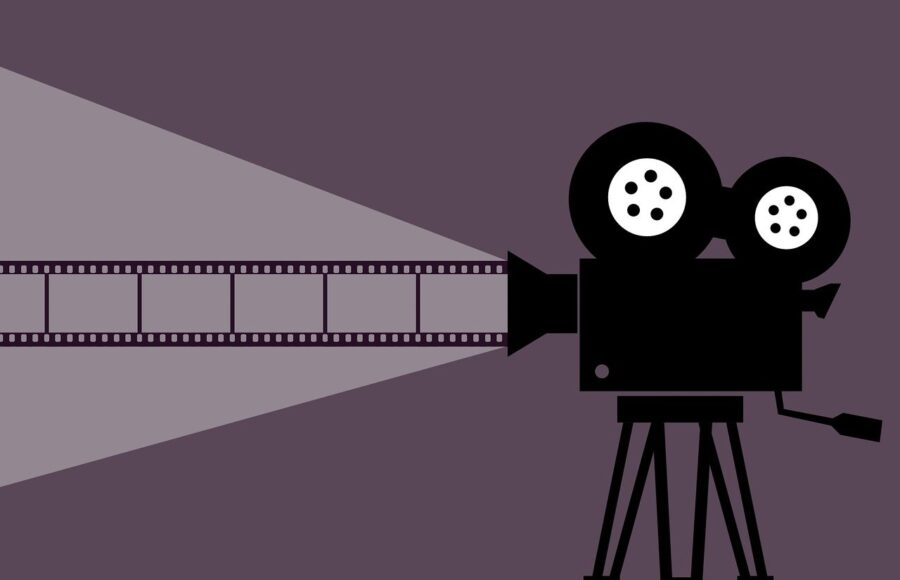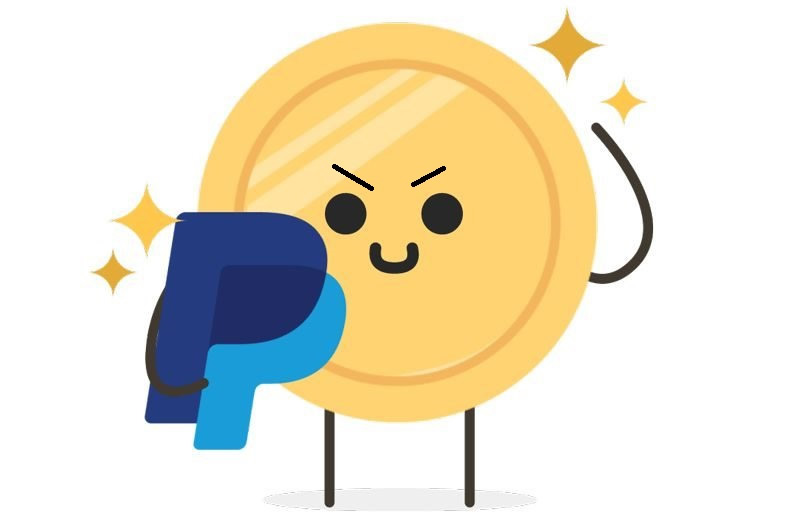If I own my land, why can’t I build an earthship?
How building codes and zoning laws slow down advancements in sustainable architecture.
By: Emily Downey

If you’re like me, you may have seen some news recently about how engineers, architects, and builders are utilizing new (and old) building techniques to respond to the challenges presented by a changing climate. Be it fire resilient design in California[1], integration of green technology such as solar and water reclamation[2], or the proliferation of tiny homes[3], many are turning to smarter and more energy efficient methods when it comes to building their dream home.
But innovation often comes with legal challenges. One of the most poignant examples has been the difficulty faced by architects in California having to adapt fire resistant designs to existing building codes.[4] While some states are taking measures to attempt to ease the way for green design and face popular support, progress can be slow.[5] This is partially because building codes and zoning laws are highly localized, meaning that broad measures often do not address more granular issues like City ordinances and neighborhood covenants and restrictions.[6] To see how these challenges can be overcome, we can look to lessons learned from an oddly named pioneer of the green home movement: the earthship.
What is an earthship?
Earthships are the invention of New Mexico architect Michael Reynolds, who built the first earthship in the 1970s as a way to solve problems with both rubbish accumulation and affordable housing.[7] He did this by doing something novel and strange—building a house out of garbage.[8] While a garbage home doesn’t initially sound appealing, Reynolds’ design soon amassed a following, especially in areas around Taos, New Mexico.[9] Reynolds pioneered a building technique using earth, tires, and “bricks” made of discarded cans to create hyper-modern edifices that are virtually indestructible and come with a myriad of green perks.[10] The homes allow occupants to live entirely or almost entirely off grid, are super-efficient to heat and cool, and come with novel water reclamation systems in place.[11] The homes can also be affordable, as they emphasize the use of local and often discarded materials and provide for onsite food production[12]
Read More














